-
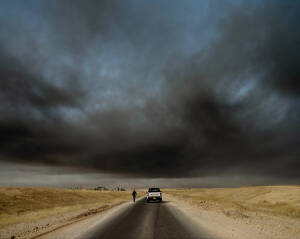
-
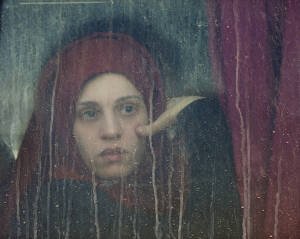
-
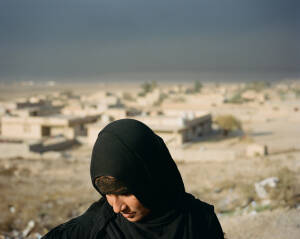
-
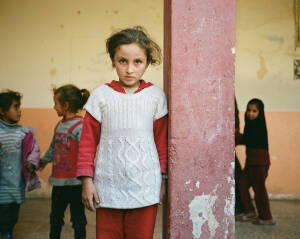
-
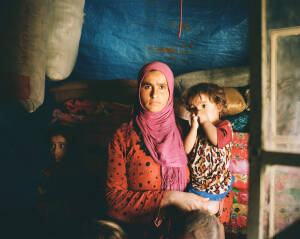
-
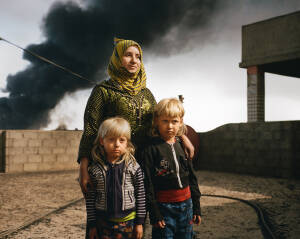
-
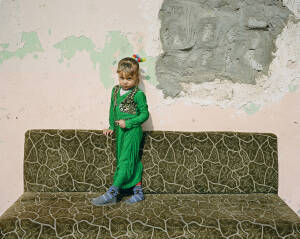
-
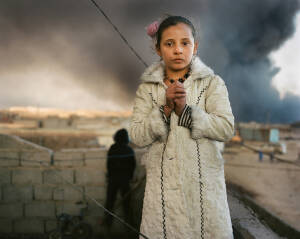
-
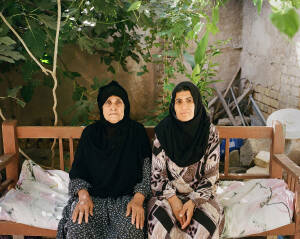
-
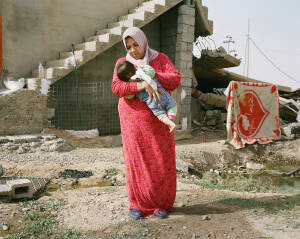
-
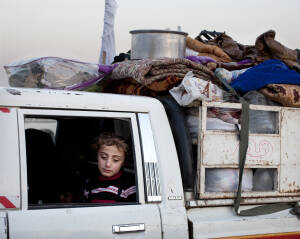
-
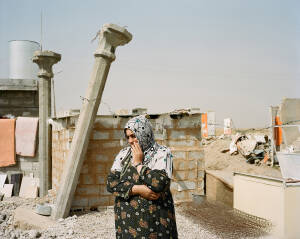
-
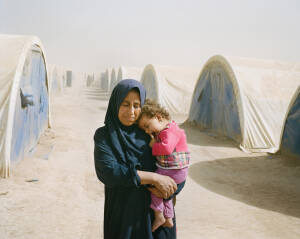
-
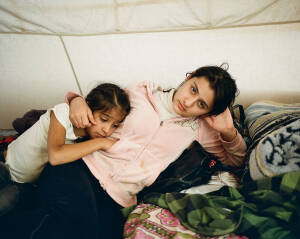
-
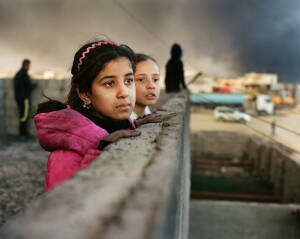
-
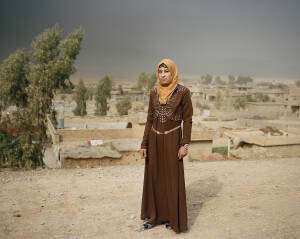
-
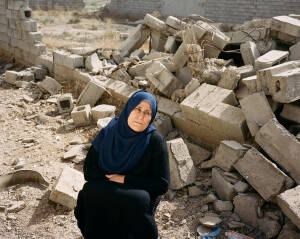
-
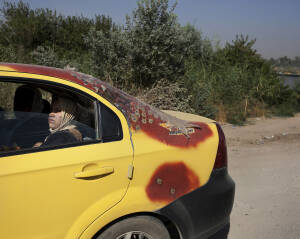
-
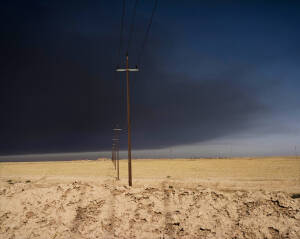
-
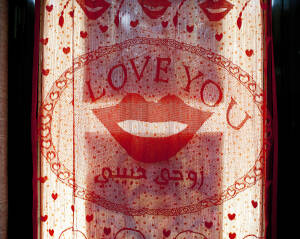
-
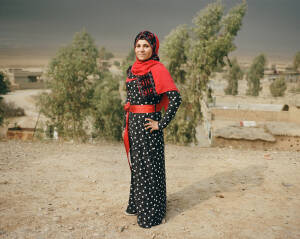
-
After Darkness examines questions in a post conflict landscape.
What was it like to live under the tight rule of ISIS and now to be liberated? What was the magnitude of ISIS’ presence, and how did it shape the lives of the Iraqi people during those years? What about their families? And where do they go from here?
The women I met shared stories of loss, fear for the future, and resilience. From those who lost their partners, families, children, to those who were determined to rebuild their lives just like they were before ISIS’ arrival.
But if there was a common thread, it was the sheer horror of it all. “We came from the dead”. When the forces first broke into Mosul and people were able to escape, the stories they told were chilling: accounts of a huge hole in the ground where hundreds were buried, of people being shot for having a mobile phone, of a human abattoir, of living in fear and stress. A mother told me how they’d had to stop their children from going to school so that they wouldn’t be brainwashed. And when I asked what she meant she said, ‘You know, in math class, they were counting like two guns plus two guns equals four guns, and singing songs about killing people’.
After a nine-month battle, ISIS was finally expelled from Mosul in early 2017, leaving devastation and destruction in its wake – homes lie in ruins and residents bear the physical and psychological scars of war. But the spirit of human resilience and strength lives on.
It is in the eyes: that defiance; that will to live.
That is what I wanted to capture.